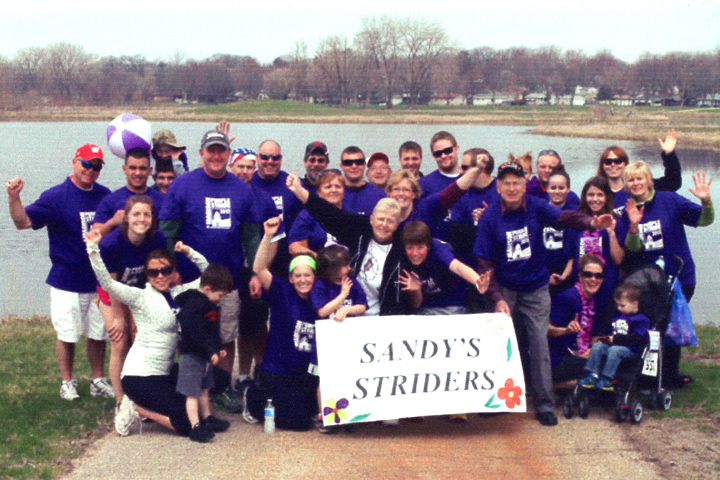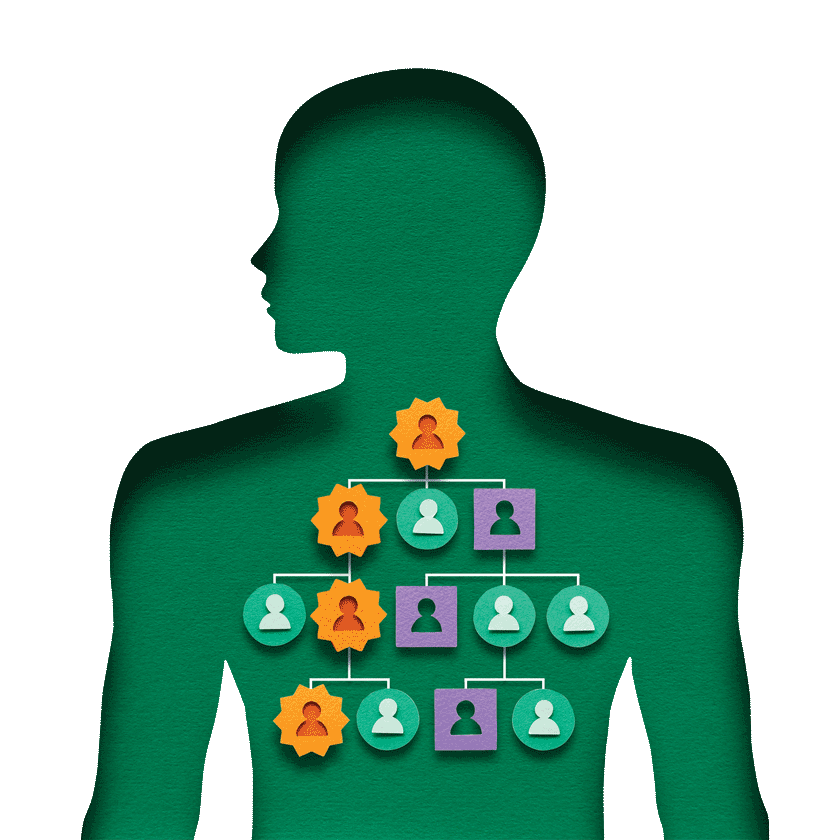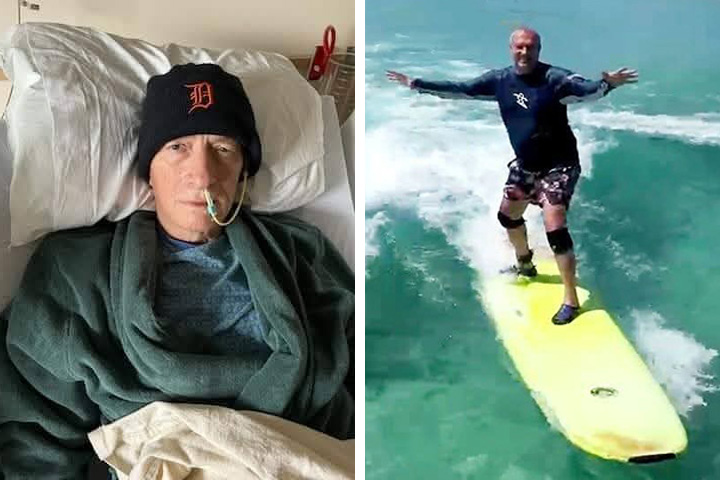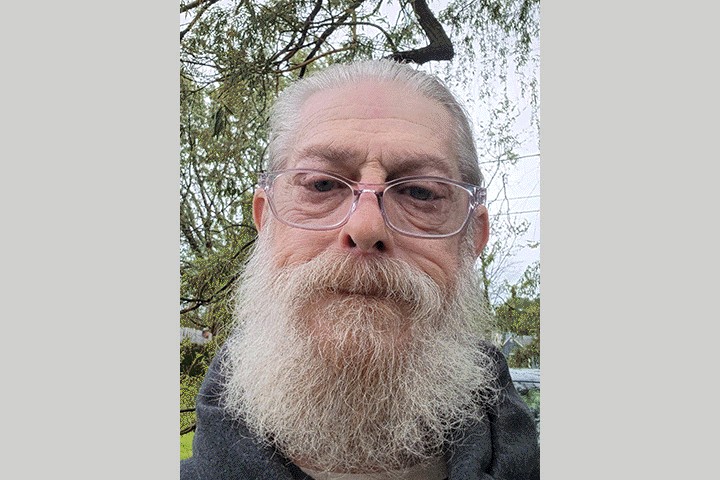Pancreatic Cancer Caught Early by Chance

- Tumor found on a heart scan
- Surgery removes tail of pancreas, spleen, and nearby lymph nodes
- Three months of chemotherapy
- Joining the tumor registry to learn more
It was only by chance that I was diagnosed with distal pancreatic tail cancer in November 2012.
I struggled with atrial fibrillation—irregular and often rapid heart rate—for years. I had a scan done in preparation for a heart ablation procedure, and the doctors found a cancerous tumor in the tail of my pancreas. The diagnosis caught me off guard, because people in my family have heart issues and diabetes, not cancer.
Surgery to Take Out the Tumor
I chose Dr. Emily Winslow (now at Medstar Health, Washington, D.C.) at the University of Wisconsin-Madison, as my surgeon. My surgery was performed on December 5, 2012. The pathology report revealed stage II adenocarcinoma of the pancreas. Adenocarcinoma accounts for 85 percent of all pancreas tumors. During the surgery Dr. Winslow removed the tail of my pancreas, my spleen, left adrenal gland, and several surrounding lymph nodes. She would have removed my gall bladder but I had it removed four years before.
The Importance of Quality of Life
Dr. Daniel Mulkerin (now at University of Rochester Medical Center) of the UW Madison Carbone Cancer Center is my oncologist. Dr. Mulkerin and I worked as a team. He talked and I listened and I talked and he listened. I wanted him to understand that to me “quality of life” was much more important than “quantity of life,” meaning that I would rather live well than live longer and not be able to do the things I wanted to. I hesitated to receive any chemo treatments as chemotherapy involves poisoning the rapidly-growing cancer cells and also destroys rapidly growing healthy cells. But a couple of my five children disagreed with me, although they finally came to terms with my decision. We compromised . . . I would start the chemo and if I decided to discontinue it I did not want to hear another word about it.
I had injections of gemcitabine for only three months. During chemo I developed a very keen sense of smell, which caused a roaring headache and some nausea. I am a very social person and not feeling up to being out and about caused me to become depressed. I also elected not to have scans unless my CA 19-9 blood test results become elevated.
Hoping to Learn More from the Tumor Registry
As the only member of my family ever known to have any type of cancer diagnosis I was interested in finding out more. I stumbled across a research study aimed at identifying the causes of pancreatic cancer at the Johns Hopkins Hospital’s National Familial Pancreas Tumor Registry. I supplied them with blood samples to study the genes and risk factors that cause pancreatic cancer, as well as find new ways of detecting pancreatic cancer. Every year I receive a survey to complete which updates their ongoing research in my case. I hope my efforts help researchers learn more about this disease.
In December 2017 it will be five years since my cancer surgery. I have changed my eating habits in an effort to stay healthy. In the spring of 2017 I became concerned that my cancer may have returned because I lost 33 pounds in three and a half months. Although I have tried to lose weight many times unsuccessfully, this sudden weight loss had me concerned. A scan revealed no sign of cancer. However, I will never consider myself cancer-free. It will always be in the wings waiting for an encore.




